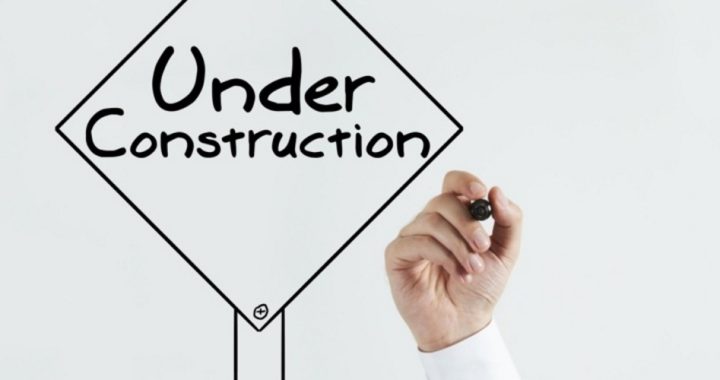
For some time now, the Obama administration has been saying that Healthcare.gov, the federal ObamaCare exchange website, will be fully functional by November 30 — two months after it was first opened to the public and promptly crashed. However, according to Centers for Medicare and Medicaid Services (CMS) Deputy Chief Information Officer Henry Chao, as much as 40 percent of the website’s supporting systems remain in development, suggesting that such administration pronouncements are exceedingly optimistic.
“It’s not that it’s not working,” Chao told a subcommittee of the House Energy and Commerce Committee Tuesday. “It’s still being developed and tested.”
Chao testified that the consumer interface is complete: “The online application, verification, documentation, plan compare, generating enrollment, that’s 100 percent.” But that part of the website is most definitely not working, as Health and Human Services Secretary Kathleen Sebelius discovered when the site crashed before her eyes during a Tuesday appearance in Miami, Florida.
Grilled by Rep. Cory Gardner (R-Colo.) as to how much of the rest of the software still needs to be built, Chao estimated “30 to 40 percent.” What’s left, he said, are “the back office systems, the accounting systems, the payment systems.”
“We still need to build the payments system to make the payments [to insurance companies] in January,” he explained.
Chao’s estimate is “an astounding percentage,” observed Forbes’ Avik Roy. “Apparently, the accounting systems and payment systems that protect taxpayers against waste, fraud, and abuse — systems that also ensure that insurers get paid, and that premium subsidies are accurately doled out — have not yet been built.”
This also casts doubt on the administration’s claims of hundreds of thousands of ObamaCare enrollees since “technically, you haven’t enrolled in a health insurance policy until the insurer has collected the first premium from the beneficiary,” Roy averred.
According to CNBC, shortly after Chao’s testimony, CMS spokeswoman Julie Bataille “revealed some good news for HealthCare.gov, saying insurers and online insurance marketplaces will very soon be able to directly start enrolling people in Obamacare insurance who qualify for government subsidies to offset its cost.” But she “did not give an [exact] date by which the site’s insurer payments tool would be up and running,” saying, “It’s something we do not need online until the middle of January.”
“However,” noted CNBC, “for people’s insurance to kick in by Jan. 1, they need to make payments for their Obamacare insurance policies by Dec. 15.”
Chao’s testimony and Bataille’s subsequent remarks did little to soothe the jangled nerves of insurers, who are already reeling from Healthcare.gov’s technical difficulties, not to mention all the new rules and regulations emanating from Washington.
“There’s not a lot of confidence that the reconciliation process is going to be up and running in time, and given all the challenges that we’re facing with the enrollment files, that’s a big cause of concern,” an insurance industry source told Politico. “If people are enrolling, but the back-end systems are not working, their coverage could ultimately be disrupted. They may think they’re enrolled in a plan and they’re not. They may show up at the doctor’s office and not be covered.”
In another sign of the chaos at CMS, Chao testified that he had never seen the March report by private consultants that “foreshadowed many of the problems that have dogged HealthCare.gov since its rollout,” in the words of the Washington Post, which recently obtained a copy of the report from the Energy and Commerce Committee.
“I was aware some document was being prepared,” Chao told the House panel, but he insisted he had no knowledge of the document’s contents until they appeared in the news media.
This was not the first time Chao, described by Politico as “a key player in the Obamacare website’s creation,” had allegedly been kept in the dark in regard to major concerns about the site. On November 1 he told the House Oversight Committee that he had not been apprised of the contents of a report detailing “high risks” to the website’s security. “The concealment misled Chao to believe that there were no longer any high security risks to the launch of the federal exchange, prompting him to recommend the approval of healthcare.gov,” Roy wrote.
Despite this, Chao said Tuesday that he believes that the website is secure, claiming that no hacker attacks have occurred “to our knowledge.” Security experts who testified before the House Science, Space, and Technology Committee later that day were considerably less confident.
“Hackers are definitely after it,” said David Kennedy, CEO of information security firm TrustedSEC. “And if had to guess, based on what I can see … I would say the website is either hacked already or will be soon.”



